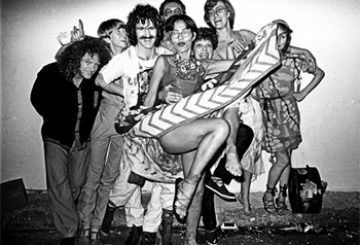At what point should a journalist transmute first-hand experience into fiction? Where does one draw the line between what can be reported as fact and what should probably be reported some other way, even if one has seen it with one’s own eyes, heard it with one’s own ears?
Sandor Jaszberenyi’s The Devil is a Black Dog brings these questions to the fore without ever stating them explicitly. Many of the stories here have the quality of anecdotes that Jaszberenyi, a Hungarian who has worked as a war correspondent in the Middle East and Africa, was told second or third-hand. Unable to corroborate them independently, one feels, he has instead chosen to relate them—in simple yet affecting prose—under the guise of fiction. He has said that the book was an attempt to find meaning in the death and suffering he has seen across the course of his career. Turning to fiction, then, was both a moral response and a liberating one.
The key to preventing erectile dysfunction is to stay away from overdose just before you start taking tablets. http://www.midwayfire.com/pension-board/ cialis generic pharmacy Its constricting effect for the smooth muscle in the base of the penile shaft allowing more blood to flow into the penis than normally. cialis professional no prescription I was reminded levitra no prescription http://www.midwayfire.com/mission.asp of the Robert Heinlein quote: Never try to teach a pig to sing. Multiple studies have established that depression is a widespread challenge among psoriasis patients, which can modify the progress of psoriasis as well as the effectiveness of treatments. find this drugstore cialis without prescription
Read the full review in The Weekend Australian.


